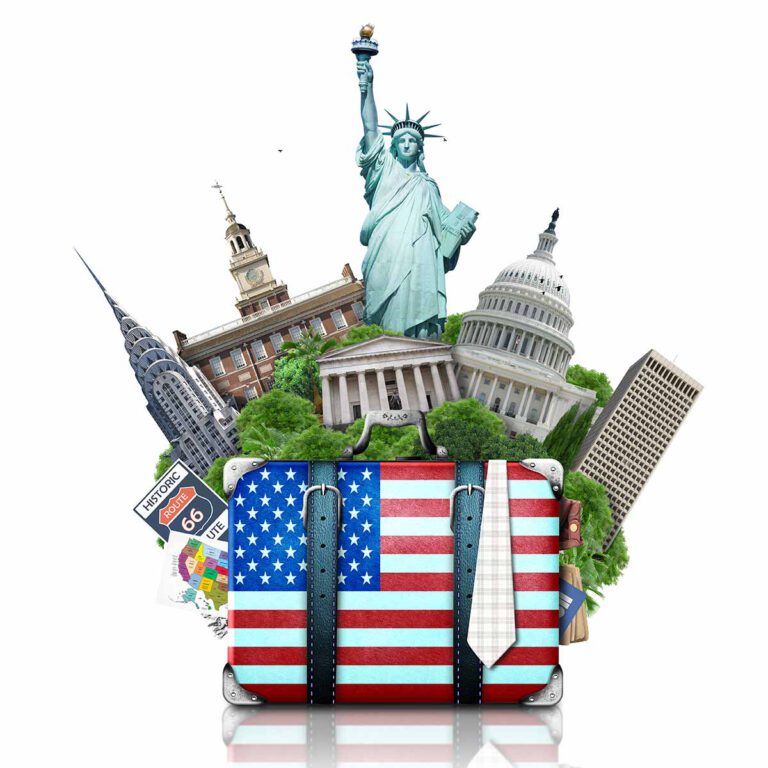E-1 Treaty Traders
The E-1 visa is available in situations where a treaty national or business invests in a new or existing US entity that engages in substantial international trade of goods or services with their home country. The treaty national (or another treaty national or business) must purchase (or own) at least 50% of the shares of the US company, and the volume of trade between the home country and US must be more than 50% of the trader’s total international trade volume.
The trade must also be substantial, regular and continuous (i.e., cannot be based on one or non-regular trade transactions).
Furthermore, the US company must take title to the imported or exported goods (i.e., shipping from abroad to a US customer, where the US entity only coordinates logistics and does not take title to the merchandise, does not qualify as trade). There must also be a meaningful exchange of money with a foreign entity in the treaty country.
If the US entity is a newly established company, it must have already begun trading with the treaty country or must have binding contracts that call for the immediate exchange of goods or services in order to qualify for a visa (in other words, the US government will not grant a visa to prospective traders looking for trading relationships).
If all these conditions are met, the treaty investor can obtain an E-1 visa if s/he directs the trade.
The US company can also hire any treaty national (i.e., who is not the investor himself) who will assume an executive, supervisory or essential skills position at the company.
Qualifications of a Treaty Trader
To qualify for E-1 classification, the treaty trader must:
- Be a national of a country with which the United States maintains a treaty of commerce and navigation
- Carry on substantial trade
- Carry on principal trade between the United States and the treaty country which qualified the treaty trader for E-1 classification.
Trade is the existing international exchange of items of trade for consideration between the United States and the treaty country. Items of trade include but are not limited to:
- Goods
- Services
- International banking
- Insurance
- Transportation
- Tourism
- Technology and its transfer
- Some news-gathering activities
General Qualifications of the Employee of a Treaty Trader
To qualify for E-1 classification, the employee of a treaty trader must:
- Be the same nationality of the principal alien employer (who must have the nationality of the treaty country)
- Meet the definition of “employee” under the relevant law
- Either be engaging in duties of an executive or supervisory character, or if employed in a lesser capacity, have special qualifications.
Terms and Conditions of E-1 Status
A treaty trader or employee may only work in the activity for which he or she was approved at the time the classification was granted. An E-1 employee, however, may also work for the treaty organization’s parent company or one of its subsidiaries as long as the:
- Relationship between the organizations is established
- Subsidiary employment requires executive, supervisory, or essential skills
- Terms and conditions of employment have not otherwise changed.

Family of E-1 Treaty Traders and Employees
Treaty traders and employees may be accompanied or followed by spouses and unmarried children who are under 21 years of age. Their nationalities need not be the same as the treaty trader or employee. These family members may seek E-1 nonimmigrant classification as dependents and, if approved, generally will be granted the same period of stay as the employee. If the family members are already in the United States and seeking change of status to or extension of stay in an E-1 dependent classification, they may apply by filing a single Form I-539 with fee. Spouses of E-1 workers may apply for work authorization by filing Form I-765 with fee. If approved, there is no specific restriction as to where the E-1 spouse may work.
